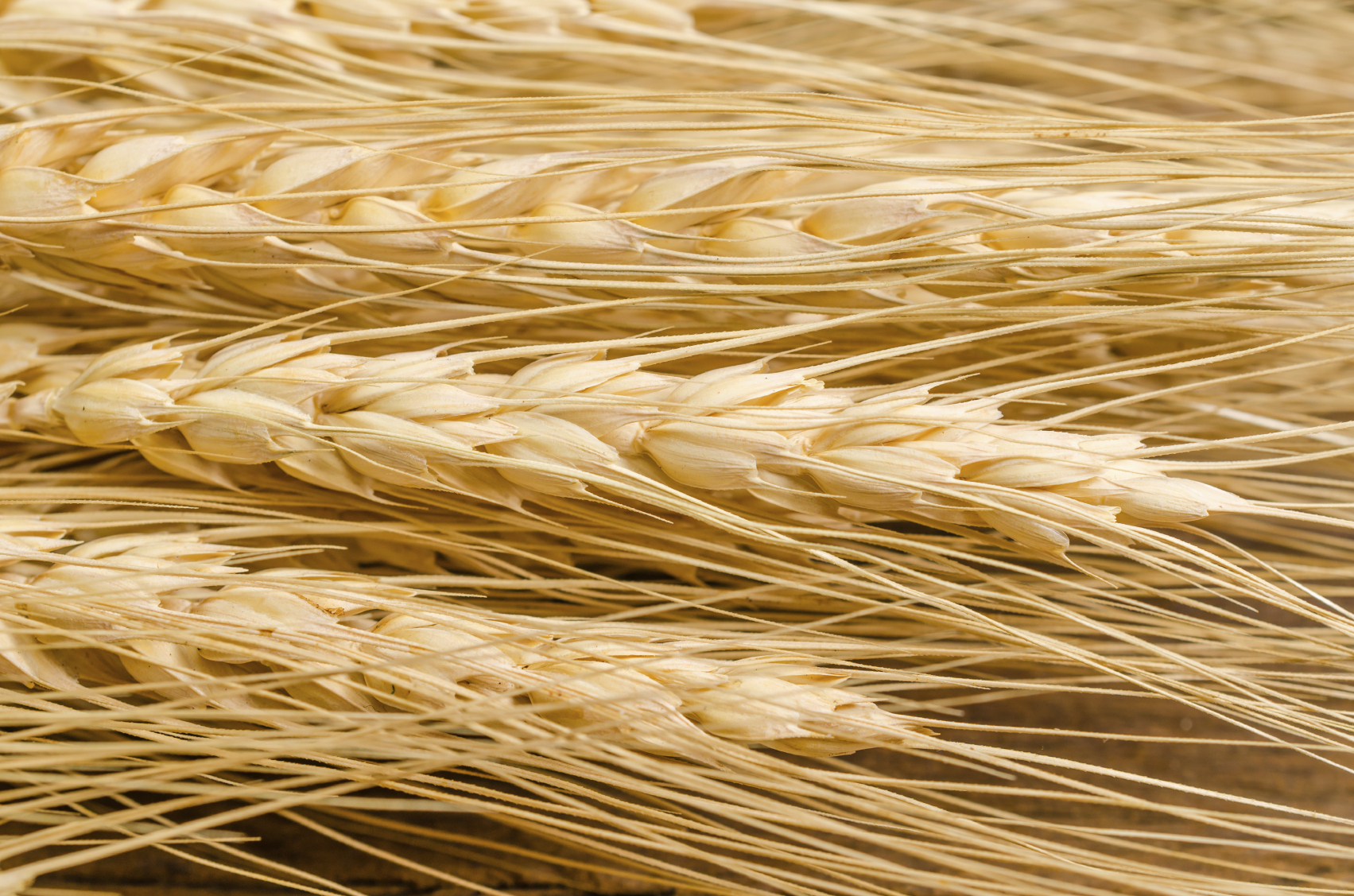When you buy a bottle of whisky, be it blend or malt, it is easy to forget the vast network of distillers and suppliers, and the huge amount of expertise, that have helped to put that bottle on the shelf.
Thousands of Scots farmers grow almost a million tons of malting barley every year, and similarly vast quantities of wheat to supply grain distilleries. Grain merchants or farmers’ cooperatives store the grain and supply it to the maltsters, who convert the barley to malt and deliver it to distilleries, where it is ground to grist, mashed, fermented with yeast, distilled and casked.
Grain stores, maltings and distilleries are huge consumers of fuel—oil or gas—to dry the grain and malt, and to heat the mashing water and stills. Maltings and distilleries need thousands of gallons of water every day and distilleries consume copious amounts of yeast—either dry, cake or liquid—and dozens if not hundreds of oak casks and poplar wood bungs.
The casks then slumber for three years or more on towering steel racks in vast warehouses before departing to the blending or bottling centres, which are also voracious consumers of bottles, labels, glue, corks and/or screwcaps and cardboard boxes. Filled bottles are packed six or 12 to a carton and are loaded onto pallets, swaddled in plastic wrap, before heading for the docks and container ships or to the warehouses of UK distributors.
In all this effort, hauliers of every size and description play a crucial role. Artics lug 30-ton loads of barley and malt, tankers carry new spirit to warehouses in the central belt, box trailers carry full casks to the bottling and blending centres, then pallet loads of full bottles to the docks. And every movement of spirit is booked, checked and recorded by HMRC.
Figures are mind-boggling. Some warehouse complexes store up to a million full casks. Scotland’s biggest bottle maker (one of several) makes 860 million bottles a year, 90% of them for the whisky industry. In all, Scotch ensures jobs for 40,000 people and earns the UK £4-£5 billion a year. And we take it totally for granted.
